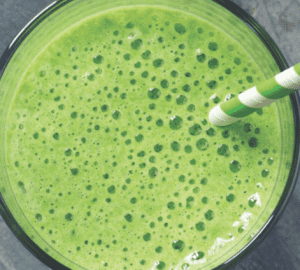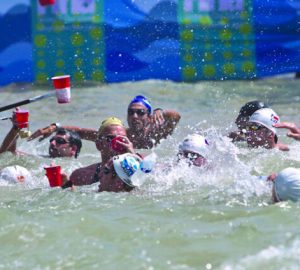Eating disorders advice
Eating disorders can and do affect swimmers. In our Feb/Mar 2013 issue we look at this subject in detail. The table below offers advice for both sufferers and their friends and family. Additional support can be found B-eat (www.b-eat.co.uk) or from your GP.
Advice box for Sufferers:
- Rely on and trust the people around you who want to help and who best seem to understand you and you situation. Although your experience is deeply personal, it is possible for others to understand some of what you feel so share your feelings trusting them to make decisions regarding food when you feel that you cannot.
- Recognise that while feelings are real, they don’t always reflect the truth. They are subjective, chop and change and sometime a situation looks very different when we step back from it, or take time for our feelings to change. Do this, make decisions objective. Is food bad? You might feel it is, but know that if it’s balanced and healthy, then it isn’t. Act on the truth, not the feeling.
- Take time to consider when and why you started to have issues with eating, maybe write it down for you and others to read. Can you do anything to address these issues specifically?
- Continue to play a part of your club. If participating make sure this is appropriate and doesn’t fuel an unhelpful mind-set (gruelling swim sets, or cold water challenges, might need to wait for a while). If experts advise a brief period out of the water, then this could be the time to do some volunteering or coaching, helping the club and you to move forward.
Advice box for non-sufferers:
- Ensure you understand the signs and symptoms of EDs.
- It is easy to be critical, but EDs sufferers may need you help to ‘outshout’ the voice in their head with positive food/health messages.
- Remember that often BN sufferers, often know they are ill, but AN suffers do not.
- Help the sufferer to seek expert help.
- De-emphasise weight in conversation. Focus instead on other areas variables of performance such as S&C, type/frequency/volume (etc) of training, as well as the mental and emotional components of performance.
- Understand that weight/weight loss is a sensitive issue for many and that ANY comments – no matter how slight – about weight need to be delivered very sensitively (if at all).
- If exercise addiction is an issue, offer to lend a hand in planning appropriate sessions.
- Take time to think about your own perceptions and opinions regarding weight, dieting, and body image, and how these attitudes may inadvertently affect others.
- Take warning signs seriously. AN has the highest mortality rate of any psychiatric disorder and BN can be associated with severe medical complications.







